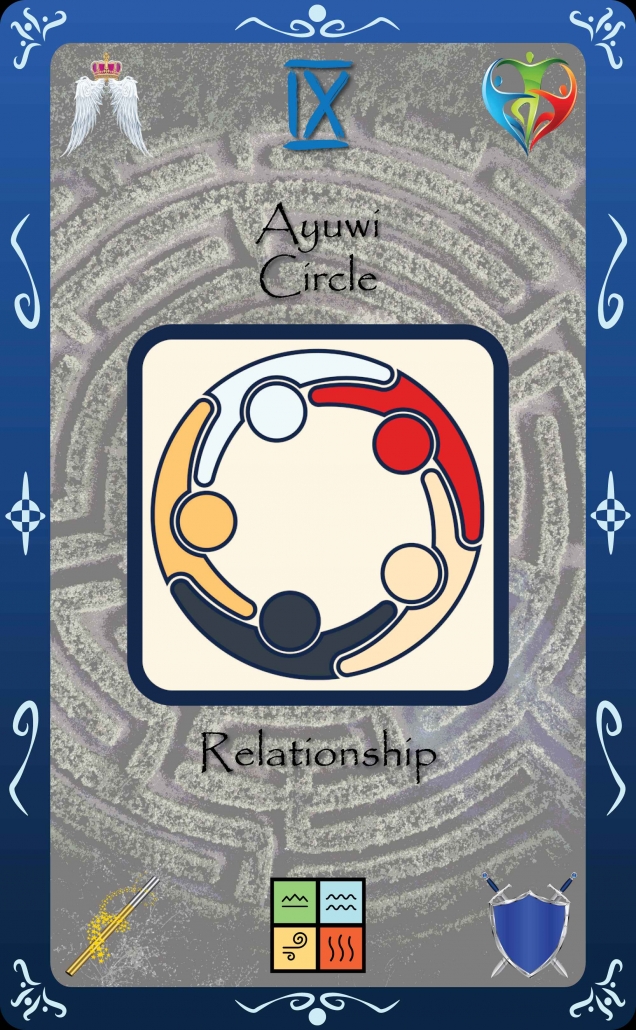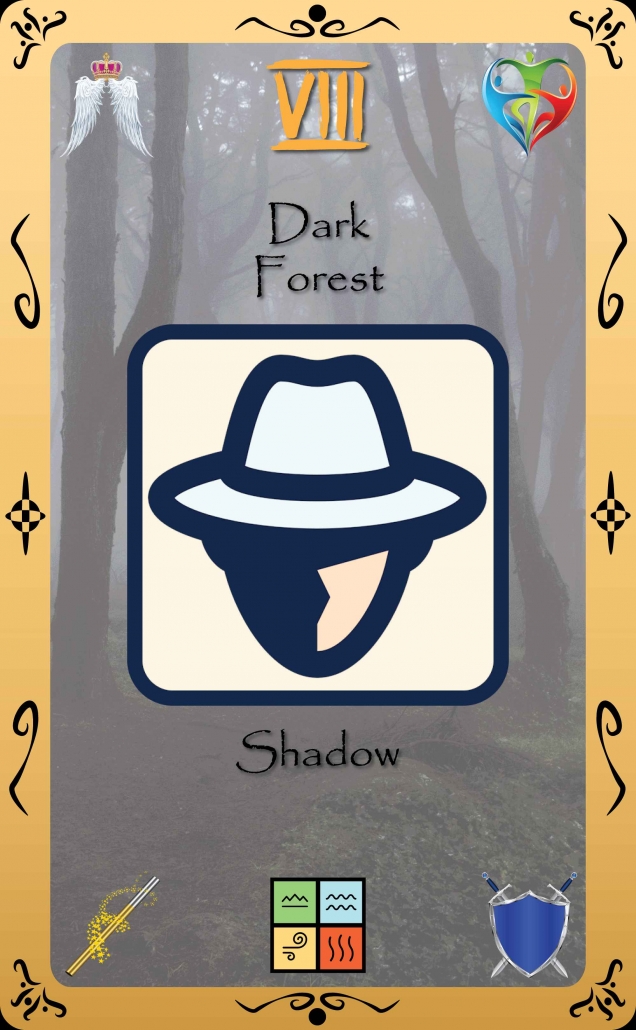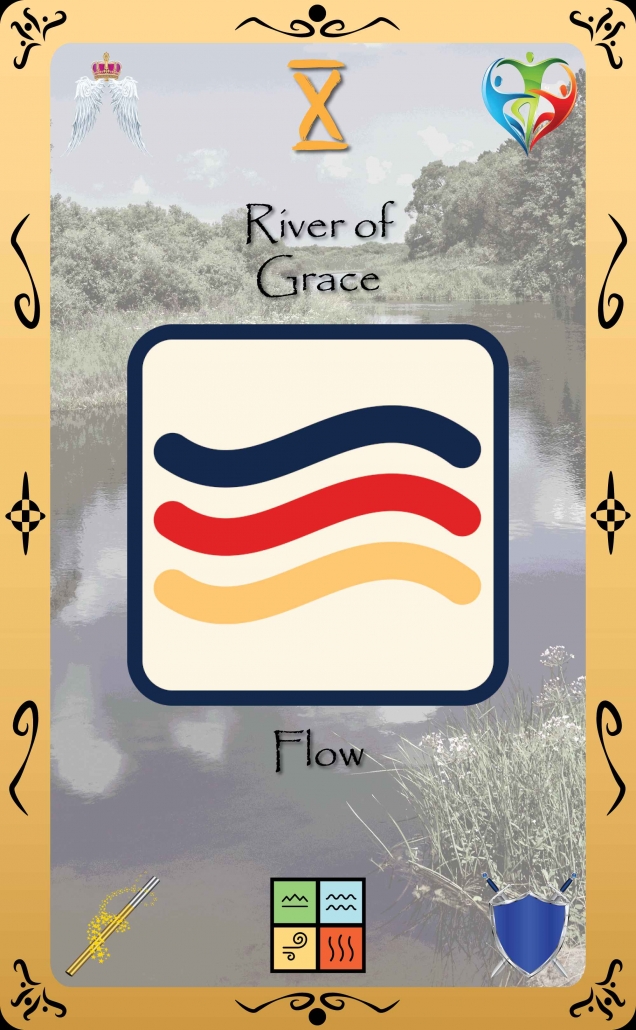The Investor Type
Strategic Lifestyle…
Discover the process of achieving ultimate time and money freedom…
Click the cards below to see what each Phase of the Investor Lifestyle entails. You’ll see where you are on this journey and how to get from here to there. Watch for follow-up emails with even more information to guide you…
Phase 1: Easy Do-It-For-You…
Turning Money Into More Time for You


Ayuwi Circle
Relationship
Overview
Imagine a world in which you are completely alone. No other people. No animals or plants. No other life of any kind. And no inanimate objects of any kind, either. Sounds pretty desolate, to be sure. And yet, if you think about it for a moment, you might ask yourself this question: in the absence of all these things, how would you know who YOU really are?
It is a perplexing question, one well worth considering, for it brings us all face-to-face with a head-slapping realization: that we need all those other things (people, animals, inanimate objects, and so on) in our lives so that we can relate to them. And by relating to all those entities, we get to experience ourselves for who we really are.
That is what Ayuwi Circle teaches us: that Relationship is the single most powerful tool available to us in the physical realm for fully expressing and experiencing who we really are. In other words, relationships—all relationships—are sacred!
Situation
You are headed for troubled waters in one of your closest relationships. The other person will engage in a seemingly trivial behavior that will trigger a reaction within you. However, in the interest of “keeping the peace”, you will minimize the event and decide not mention it. In the following days or weeks, the other person will engage in other “trivial” behaviors that you will also minimize and stay silent about. Eventually, the build up of energy from your silent reactions will reach a breaking point, and you will react in a much more emotional, possibly even explosive, way.
Recommendation
The scenario described above is not uncommon, especially in close or intimate relationships. The problem is, we value our primary relationships and we want them to go well, so we may find ourselves choosing not to mention these so-called “trivial” problems because we believe that we’ll be seen as petty or nagging.
Unfortunately, if you withhold the truth about the internal reaction you are experiencing because of something your partner does, you are inadvertently creating a barrier to closer communication with him/her. It may be a very small barrier at first, and your partner may not even notice. But when the next trigger or “ouch” occurs and you again choose to remain silent, then you are effectively adding another “brick” in the wall between you and your partner. As more and more “bricks” are added, you become more and more sensitive to the things that your partner does, and soon enough, you won’t be able to contain your reaction anymore, and you will will over-react in a way that makes no sense at all to your partner!
To avoid this kind of problem, it really helps to develop a relationship practice of Sharing Withholds. This is a highly conscious process that requires you to step through your fear and into your courage, in order to share with your partner what is going on for you. The process in NOT about shaming or blaming your partner for whatever s/he did, nor is it about trying to get him/her to change in any way. Rather, it is about honestly and vulnerably sharing your own reaction—using Self-Responsible First Person Communication. It goes like this:
- Connect to your inner compassion and unconditional love, and approach your partner. Say something like this: Partner, I have a withhold I’d like to share with you. Are you willing to hear it? If your partner says yes, then continue with the process; otherwise, ask for a time when s/he’d be willing to hear what you have to say and come back later.
- Continue with your own share: Thank you for being available for this. When you did <describe the behavior without judgment>, I found myself feeling triggered. I felt <describe what you were feeling> and I noticed that I began reacting internally the way I reacted as a child whenever <describe the childhood situation that caused you pain>. I know you are not my <parent/guardian/whoever may have caused this pain>, and I do not want to create distance from you. I just wanted to share this with you so that you understand what’s going on for me.
- Pause to allow your partner to digest what you have shared. Your partner should simply say, Thank you for sharing this with me. Would you like me to respond to your share?
- You can say yes or no, whatever seems true for you in the moment. This may or may not lead to further discussion with your partner.
- Close the process with a shared hug, as appropriate in your relationship.
If you and your partner practice this kind of sharing on a regular basis, you will find your relationship growing stronger by the day.

For more information about this topic, please see the full program at Life Mastery Way (and remember the name of your card).
Phase 2: Easy Do-It-Yourself
Spending Little Time While Making Lots More Money…


Dark Forest
Shadow
Overview
Each of us has parts or aspects of ourselves that we try to keep hidden from the rest of the world. We do this—consciously or unconsciously—because we have a negative belief about those parts: they are somehow unacceptable, inappropriate, bad or wrong. And what’s worse, because these parts exist within our overall makeup, we inadvertently come to believe that we are somehow defective or broken.
As we learn in Dark Forest, the truth is that our Shadows are actually very powerful aspects of ourselves, and if we simply take the time to meet, engage, understand and eventually embrace them, we will have a much deeper and more intimate knowing of who we really are. And this has only positive implications for the kinds of lives we are destined to live.
Situation
There is something on your horizon that you really want. It could be something that you want to obtain, or something that you want to achieve. You feel a powerful kind of hunger within you to be in a space where you actually have this, whatever it is. The problem is, you also notice that there is a part of you that is holding you back in some way. The reluctance may be manifesting as a cold, tight feeling in your gut, or it may be showing up as a voice in your head that is making your desire look very dangerous—or it may be a combination of these things.
You have an unconscious belief that to achieve or obtain the thing you want will somehow end up causing you pain, so a Shadow within you is activated by that belief and is trying to hold you back from getting hurt.
Recommendation
Congratulations! You have become aware of one of your Shadows. It is probably not immediately obvious what this part of you is attempting to create with its actions; however, most of the time, when you get down to the deepest truth of the Shadow, it almost always seeks to create one of the four core states:
- Being — characterized by words like presence, fullness, wholeness, and sovereignty.
- Serenity — characterized by words like inner peace, calmness, contentedness, and safety.
- Love — characterized by words like freedom, acceptance, honesty, and unconditional love.
- Oneness — characterized by words like inclusion, belonging, family, and relationship.
If you want to find out what your Shadow is trying to accomplish, perform the steps of a simple “shadow interview”:
- Bring your full attention to the part of you that is holding you back from getting what you want. Imagine this part as another person sitting across from you. Let this part know that you simply want to get to know him/her better and understand his/her perspective.
- Find out what this part likes to be called, so you can address him/her properly. Sometimes the response to this question will be a name (could be your nick-name as a child), or it could be a role, such as “protector” or “guard dog” or some other role. Whatever name is offered, make sure to use that name for all subsequent questions.
- Ask the part how long s/he has been around. Thank you for being here, <part’s name>. Can you tell me how long you have been present in <your own name>’s life? (Remember, you are trying to get information from the other part here, so during the interview you want to refer to yourself in the 3rd person.)
- Ask open-ended questions to get as much detail as you can from <part’s name> that help you to understand his/her motivation.
- As you uncover more and more information, you will probably learn that this part experienced some kind of pain in your early life when trying to go after what s/he wanted. As a result of this experience, s/he may have adopted a coping strategy that kept him/her safe as a child. However, this strategy is no longer working, so you as the adult now have the opportunity to provide support to the immature part of yourself that is still using this now-dysfunctional approach.
- Make sure to express deep gratitude to <part’s name> for trying to keep YOU safe, and for working so hard to bring Being, Serenity, Love, or Oneness into your life.
- Point out that, as an adult, you now have powers and capabilities that you didn’t have as a child, and that you know that the current situation is something that you can handle. Let <part’s name> know that you are choosing to go ahead and go after what you want, and that you are prepared to deal with any risks that might show up.
- Let <part’s name> know that you really appreciate the fact that s/he is looking out for your, and welcome any additional warnings that might come your way so that you can keep the dialog open.
This process is a very powerful way to bring awareness to one of your Shadow behaviors, and to convert that Shadow from a covert saboteur into an agent that can actually help you in your future endeavors.

For more information about this topic, please see the full program at Life Mastery Way (and remember the name of your card).
Phase 3: Passive Income All Day Long
Multiple Passive Income Streams and Money Freedom…


River of Grace
Flow
Overview
When we come into the physical world, we arrive in a state of sacred flow. We are excited and happy to be in our new surroundings, full of curiosity, and eager to venture onto the path of our adventures. We aren’t troubled by the past or worried about the future; we are simply present in the here-and-now, full of wonder for whatever shows up next.
But soon enough, life happens, and we find ourselves bound and restricted by ever more complicated rules and guidelines and demands. Soon enough, the sacred flow is nowhere to be found, and life becomes more of a struggle and challenge than an adventure.
When we visit River of Grace, we are gently and lovingly reminded of the natural state we arrived in. Here, we learn about Flow—the idea of presence in action—and how we can reclaim it and maintain it in our everyday life.
Situation
You have been experiencing a sense of disorientation or confusion lately because you are disconnected from your grounded center. You may be experiencing sadness or anger about something that happened in your past, or you may be experiencing fear about something that you expect to happen in the future. Whatever the case, you are having a great deal of difficulty staying present in the here-and-now, which means that you are unable to focus for any length of time on important items on your current to-do list. This is having negative consequences in all areas of your life, but is probably showing up most intensely in your relationships with loved ones, and slightly less intensely in your decision making abilities.
Recommendation
To regain your sense of presence in action, begin by bringing your full attention to your emotional state. Find a quiet place to sit and relax, and take several deep, slow, cleansing breaths.
As you feel your awareness and presence begin to increase, bring your focus internally to what you are feeling. If you have been obsessing over something from your past, then you will likely be feeling sadness relating to some kind of loss, or anger due to a boundary violation or failing to get something you really wanted. If you have been worrying about something in your future, then you are likely feeling fear about what you imagine may be coming your way. Without judging, simply observe your feelings, and where and how they are manifesting in your body.
Once you have identified your feelings, give yourself unconditional permission to feel them. Open yourself up, so that the emotional energy can simply flow through you and out of you. Some of the this energy may be uncomfortable or painful, but if you allow it to pass through you, the pain and/or discomfort will dissipate relatively quickly.
When the unpleasant energy diminishes to a low enough level, consciously and intentionally invite in warm, healing, loving energy to replace it. Allow this new feeling to fill your entire body, beginning at your belly and emanating to your extremities. Notice a sense of aliveness and presence growing more and more powerful within you.
Anchor this new feeling in your body and remind yourself that you can reconnect to it any time you want to—no matter what might be going on in your life. Take this Flow back into your life, and enjoy the reconnection to your natural state. Let this feeling inform all your thoughts, words, actions and emotions going forward.

For more information about this topic, please see the full program at Life Mastery Way (and remember the name of your card).
